Cosmos Companion Plants: The Best Vegetables To Grow Together
Cosmos Companion Plants: The Best Vegetables to Grow Together
Cosmos are beautiful, easy-to-grow annuals that are a popular choice for gardeners of all skill levels. They come in a wide variety of colors, from bright pink to deep magenta, and they can add a touch of elegance to any garden.
In addition to their beauty, cosmos also have some practical benefits. They attract pollinators, which can help to increase the yield of your vegetable garden. They also deter pests, such as aphids and whiteflies.
If you're planning to grow cosmos in your garden, you'll want to choose the right companion plants. Some plants will help to improve the growth and health of your cosmos, while others will compete for resources and may even harm your plants.
Here are some of the best vegetables to grow with cosmos:
- Tomatoes: Cosmos and tomatoes are a classic companion planting combination. Cosmos attract pollinators, which help to increase the fruit set of tomatoes. They also help to deter pests, such as aphids and whiteflies.

- Beans: Beans and cosmos are both nitrogen-fixing plants, which means that they can help to improve the nitrogen content of the soil. This can benefit both plants, as they will need less fertilizer.
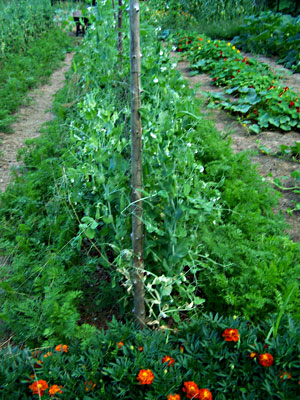
- Squash: Squash and cosmos can be grown together to help deter pests. The large leaves of the squash can help to shade the soil, which can make it less attractive to pests. Cosmos also attract pollinators, which can help to pollinate the squash flowers.
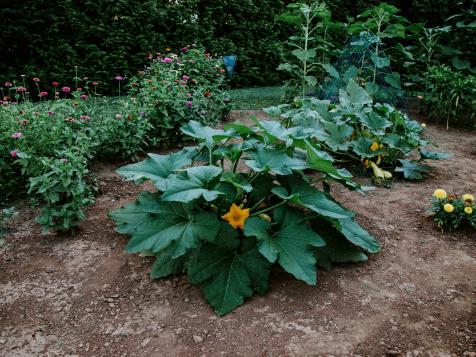
- Beetroot: Beetroot and cosmos are both tall plants, so they can help to provide each other with some shade. This can be beneficial in hot climates, as it can help to reduce the risk of the plants overheating.
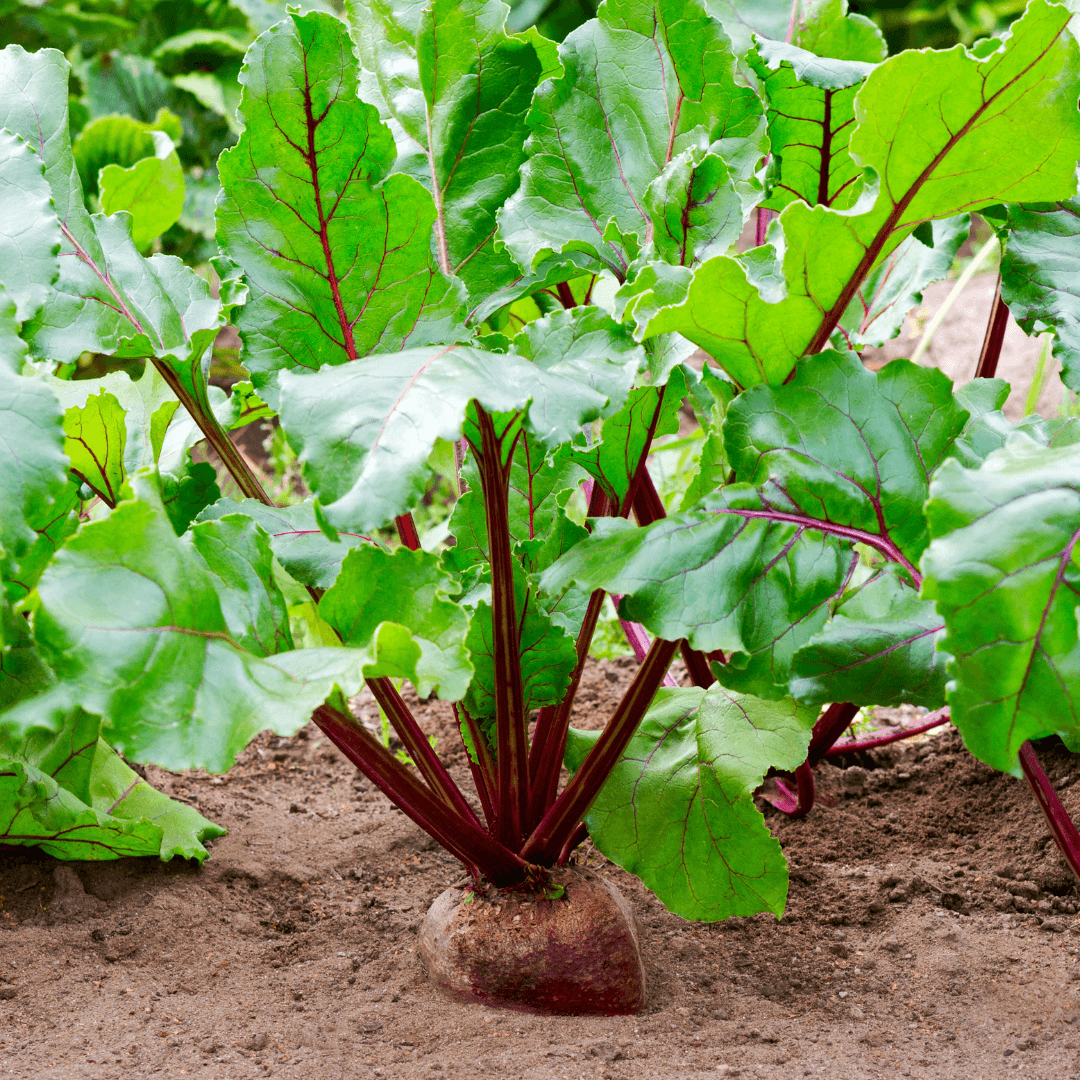
- Cucumbers: Cucumbers and cosmos can be grown together to help improve the airflow around the cucumbers. This can help to reduce the risk of diseases, such as powdery mildew.
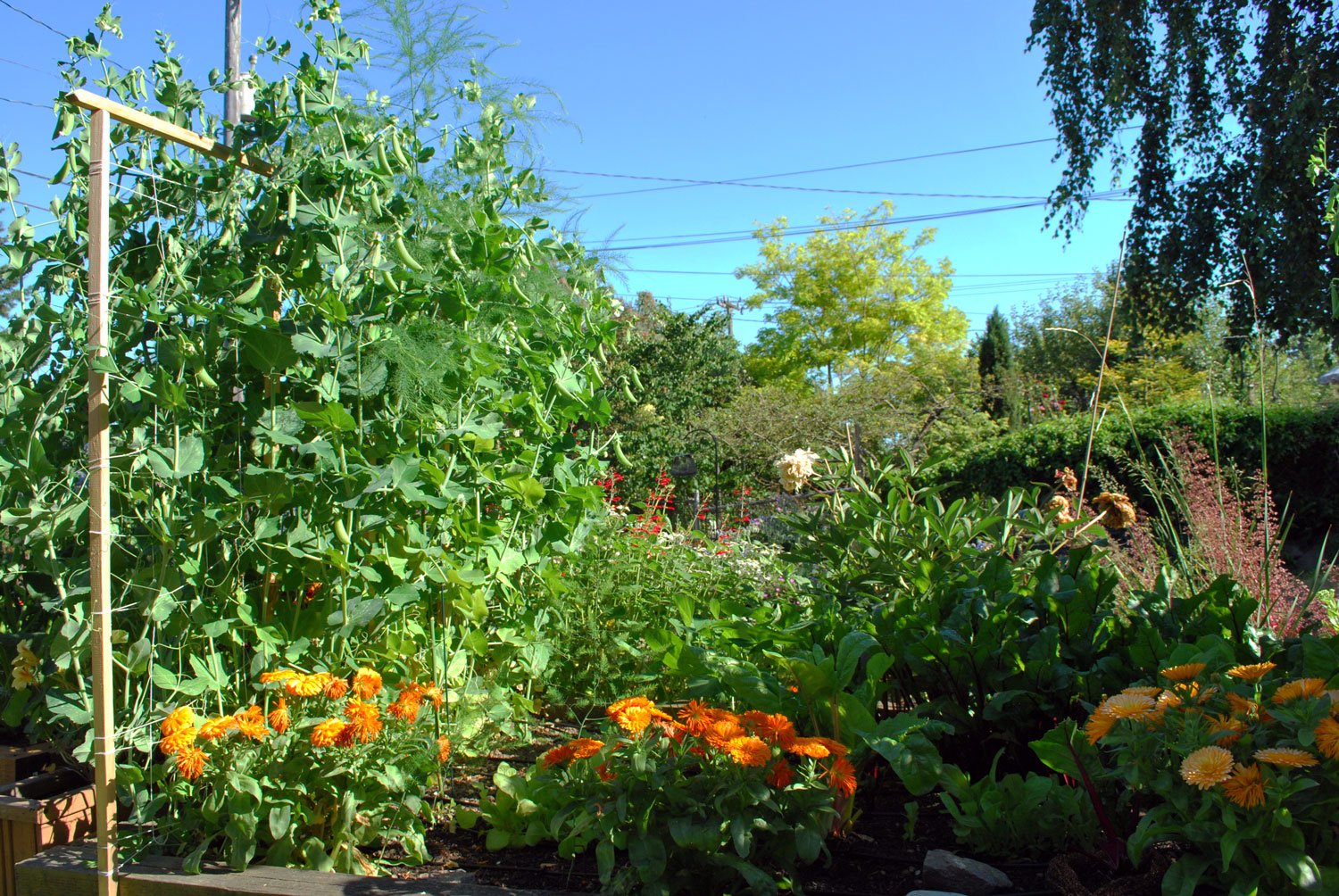
These are just a few of the best vegetables to grow with cosmos. When choosing companion plants, it's important to consider the needs of both plants. For example, you'll want to make sure that the plants have similar water and sunlight requirements.
By choosing the right companion plants, you can help to improve the growth and health of your cosmos, and you can also deter pests and diseases.
Cosmos are beautiful flowers that can also be beneficial to your vegetable garden. They attract pollinators, which help to increase fruit set in tomatoes, squash, and other vegetables. Cosmos also repel some pests, such as tomato hornworms.
Here are some of the best companion plants for cosmos in the vegetable garden:
- Tomatoes
- Squash
- Beets
- Beans
- Cucumbers
- Marigolds
- Zinnias
- Dahlias
For more information about cosmos companion plants in the vegetable garden, visit this website: https://www.gardeningknowhow.com/ornamental/flowers/cosmos/cosmos-companion-plants.htm.
Image of cosmos companion plants vegetables
- Marigolds: Marigolds are a popular companion plant for cosmos because they help to deter pests. They also have similar growing requirements, so they can be planted together without any problems.
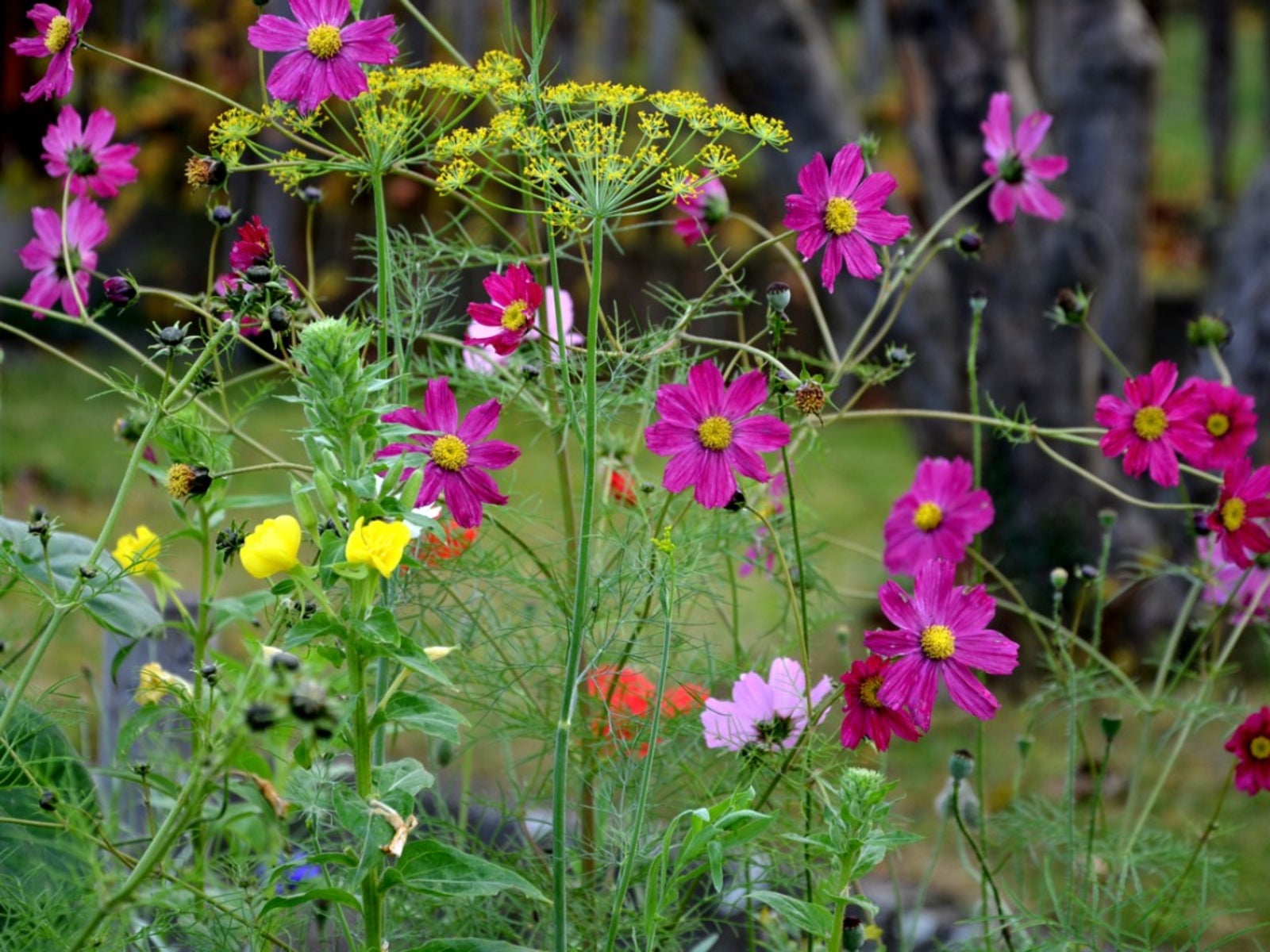
- Cucumbers: Cucumbers and cosmos can be planted together because they have different root systems. The cucumbers will grow down into the soil, while the cosmos will grow up. This helps to prevent the roots from competing for water and nutrients.
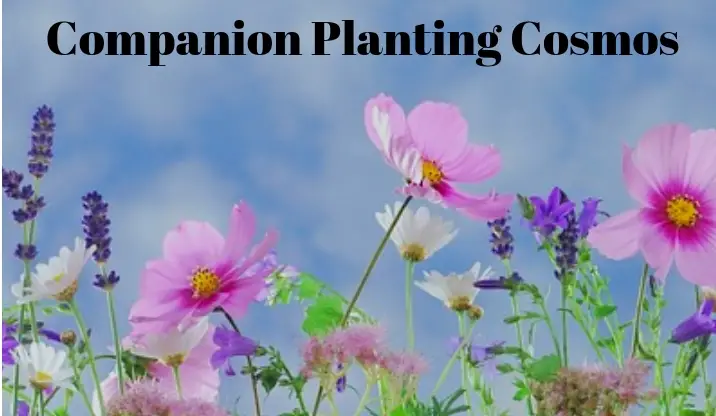
- Peas: Peas are another good companion plant for cosmos because they help to fix nitrogen in the soil. This means that the cosmos will have access to more nitrogen, which will help them to grow and flower better.

- Beans: Beans are also nitrogen-fixing plants, so they can be planted with cosmos for the same reason as peas. Beans also help to suppress weeds, which can be a problem in vegetable gardens.

- Eggplant: Eggplant and cosmos can be planted together because they have similar growing requirements. They both need full sun and well-drained soil. Eggplant can also help to deter pests from cosmos plants.
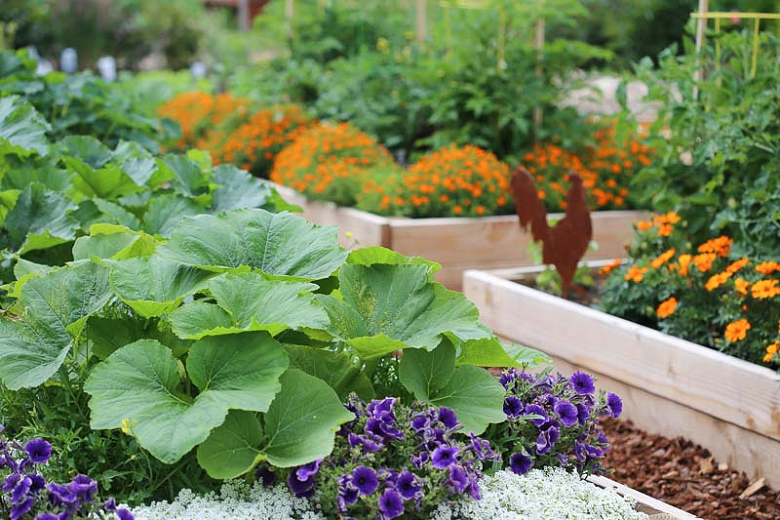
- Tomatillos: Tomatillos and cosmos can also be planted together because they have similar growing requirements. They both need full sun and well-drained soil. Tomatillos can also help to deter pests from cosmos plants.
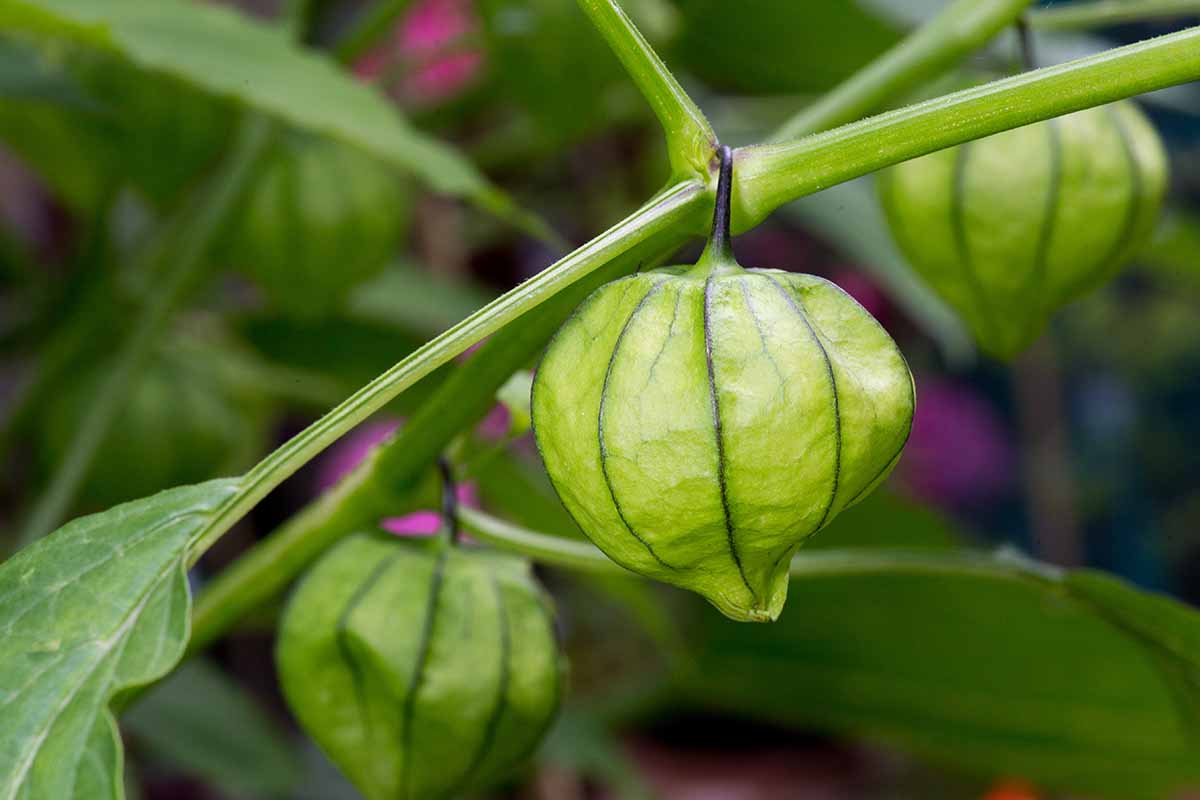
- Sunflowers: Sunflowers are a tall plant that can provide shade for cosmos plants. This can help to protect the cosmos from the hot sun and wind. Sunflowers can also help to attract pollinators to the garden, which will benefit both plants.
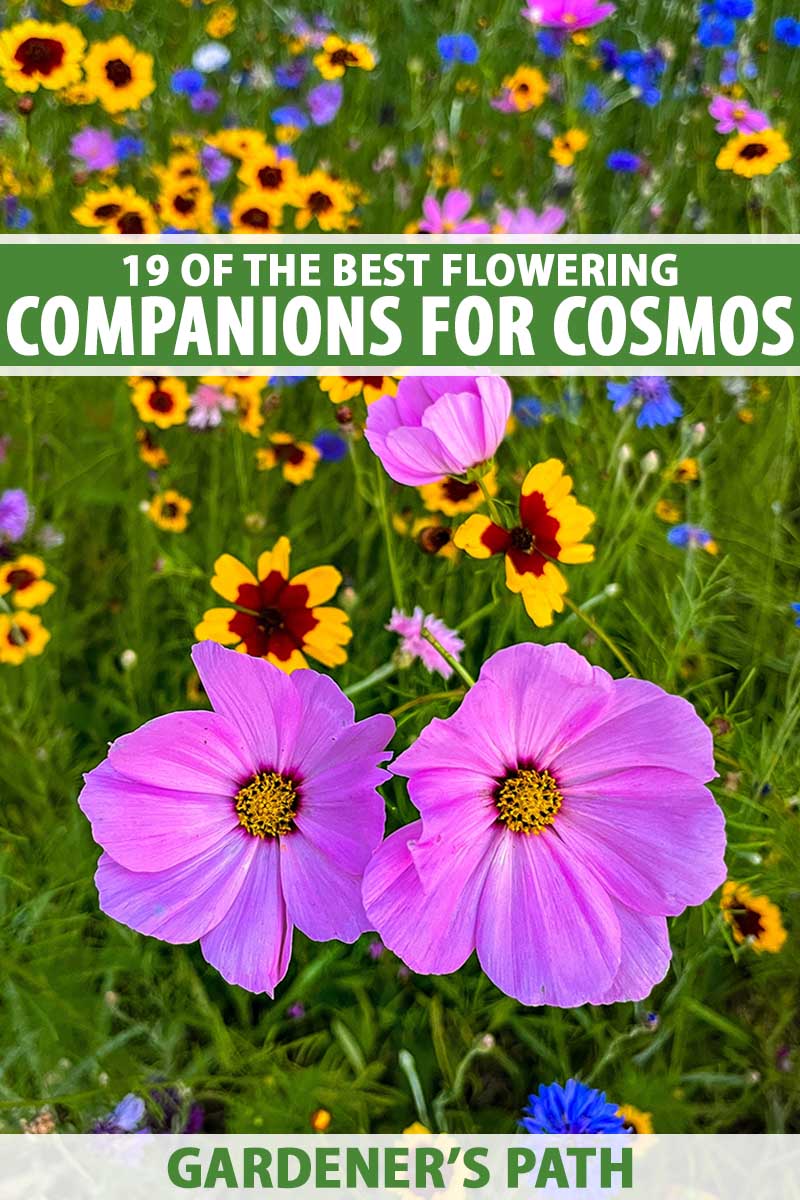
- Zinnias: Zinnias are another tall plant that can provide shade for cosmos plants. They also have similar growing requirements, so they can be planted together without any problems. Zinnias can also help to attract pollinators to the garden, which will benefit both plants.

- Lavender: Lavender is a fragrant herb that can help to deter pests from cosmos plants. It also has similar growing requirements, so it can be planted together without any problems.

- Basil: Basil is a flavorful herb that can help to improve the taste of cosmos flowers. It also has similar growing requirements, so it can be planted together without any problems.

Post a Comment for "Cosmos Companion Plants: The Best Vegetables To Grow Together"